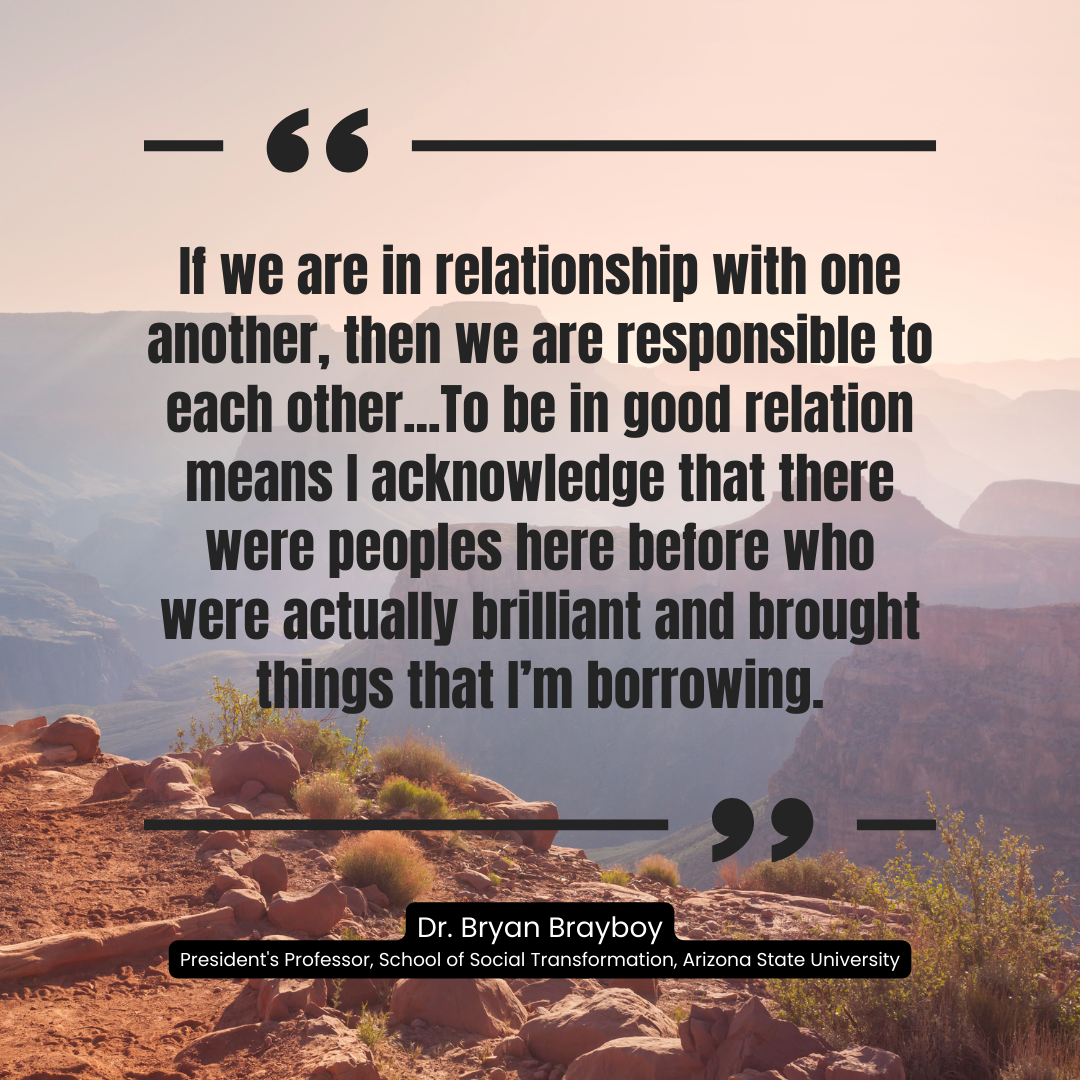Advising Local Programs
 Purpose
Purpose
Cooperative Extension programs are called to understand local needs and participants through stakeholder engagement to develop educational programs. The purpose of this course and experience is to help an Association meet the needs assessment requirement for programs – whether it be through guiding a formal advisory committee or informal advisory process.
The process and supporting information are intended to guide analysis of your current programs and planning for future direction. The topics within this course are designed to assist CCE Associations in the process of reviewing and evaluating current program context and opportunities. Program examples are included to give you guidance on how to use resources, but know that this can be applied to any program area.
The course is designed for Extension staff, but the resources could be used with local volunteers. While staff may take this course at any time, it may be particularly helpful as an Association seeks to meet the accreditation requirement for advisory committees, or for an Association in a leadership transition, or for those in the early stages of a strategic/program planning process.
This Moodle course is a resource for all staff to support the facilitation of Program Advisory Committees. To further connect and engage with colleagues enrolled versions of this course will be offered periodically. The course can also serve a template in developing custom learning experiences for programs, teams, and local associations. To request a guided experience or support building your own course- send an email to org_dev@cornell.edu.
-
Foro

 Welcome! We hope you are excited to build on your experience and
learn more about the program advisory process. If you would like to learn more
about
Welcome! We hope you are excited to build on your experience and
learn more about the program advisory process. If you would like to learn more
about  This first session is designed to create awareness and familiarity with the statewide mission, vision and values of your program, providing a framework and context for the reflection and planning steps that will follow.
This first session is designed to create awareness and familiarity with the statewide mission, vision and values of your program, providing a framework and context for the reflection and planning steps that will follow. Building on what your team learned in the previous module, Snapshot of Today, consider how your Association is fostering a culture which centers relationships. Relationships that promote belonging, cultivate leadership, drive innovation, and ensure lifelong learning and growth- to cultivate a community of collective care your programs, outreach, and among staff and volunteers. What does reflecting on current data and local population data and trends suggest? What are your team's and your program strengths in partnering with diverse communities? What’s working well? What are your opportunities for growth? What gets in the way? What barriers do you notice?
Building on what your team learned in the previous module, Snapshot of Today, consider how your Association is fostering a culture which centers relationships. Relationships that promote belonging, cultivate leadership, drive innovation, and ensure lifelong learning and growth- to cultivate a community of collective care your programs, outreach, and among staff and volunteers. What does reflecting on current data and local population data and trends suggest? What are your team's and your program strengths in partnering with diverse communities? What’s working well? What are your opportunities for growth? What gets in the way? What barriers do you notice? 
 Session four is designed to build on the work of the first three sessions and apply that work to the process of creating a strategic vision for your CCE program. The process and supporting tools will allow you to create a vision statement that describes the ideal future for CCE in your County (5-7 years from now) and identify priority focus areas for moving the process ahead.
Session four is designed to build on the work of the first three sessions and apply that work to the process of creating a strategic vision for your CCE program. The process and supporting tools will allow you to create a vision statement that describes the ideal future for CCE in your County (5-7 years from now) and identify priority focus areas for moving the process ahead.